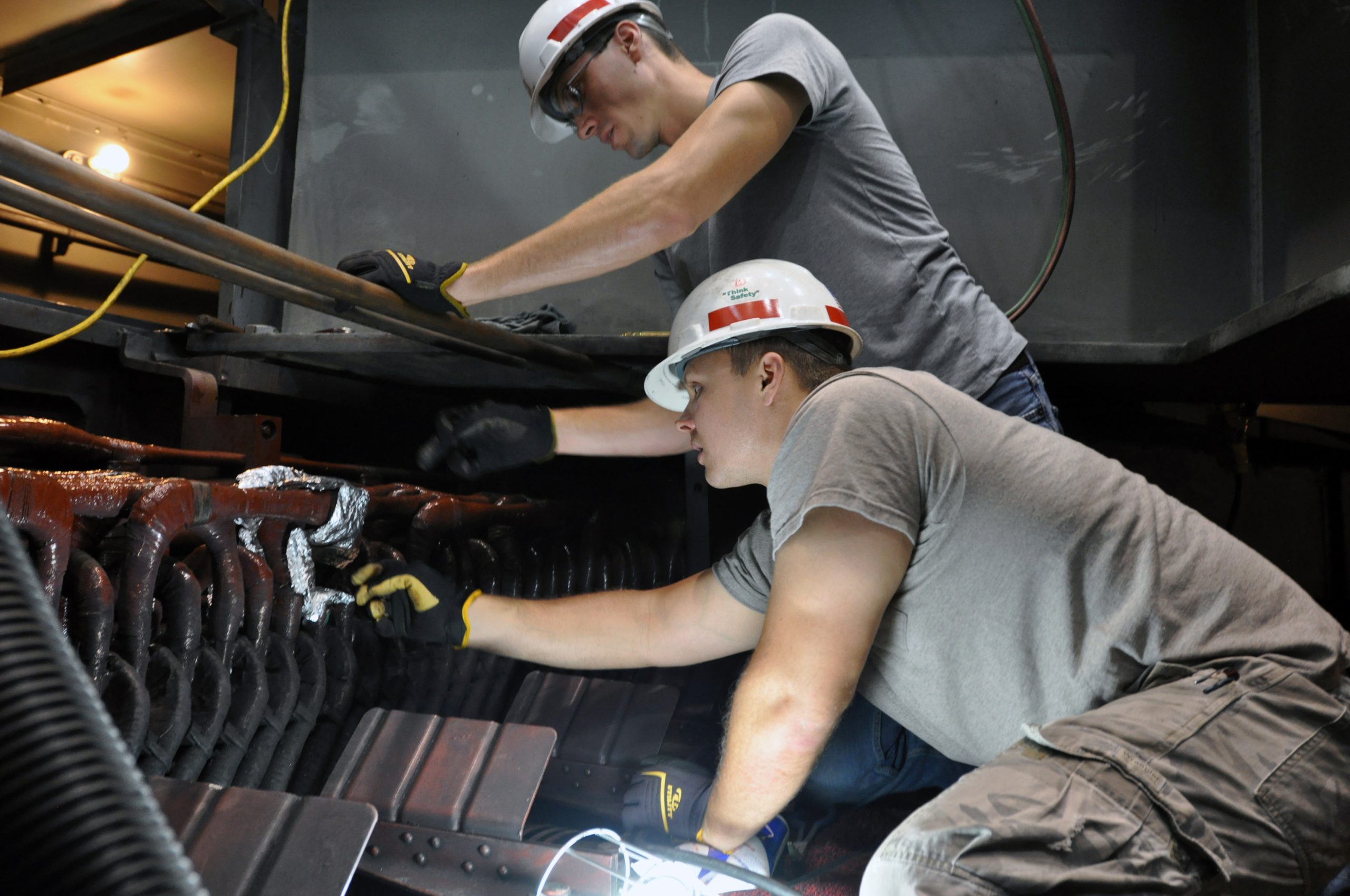The automotive industry offers many career opportunities for those who are interested in working with cars and other vehicles. Although some professionals follow generic career paths within this field, specializing is also possible.
In motor vehicles and related equipment, such as caravans, trailers, earthmoving equipment, mining equipment, marine applications, and agricultural gear, motor vehicle electricians install, maintain, identify faults, and repair electrical wiring and computer-based equipment. This guide is all about automotive electricians in detail.
Automotive Electrician
A career in electrical engineering allows for specialization. Specialized in automotive electrical work on vehicles in the transportation industry, such as cars, trucks, buses, and other vehicles.
Depending on employers and locations, becoming a fully licensed electrician is not a requirement for working with car electrical systems.
What are the requirements for becoming an auto electrician?
The minimum qualification for an auto electrician is a high school diploma or a GED. Most states also require professionals in this field to earn a degree in auto electrical. An automotive service technician or mechanic may pursue specialized automotive training emphasizing electronics. It is also possible to make an associate’s degree in an electronic or electrical technology field.
Read more:Top 7 Things You Should Need To Know About Living In Russia
To become an auto electrician, it is essential to develop a thorough knowledge of modern vehicle electrical systems. In general, formal training is available for gaining this knowledge, and some organizations may offer additional training.
Consider pursuing an apprenticeship in electrical technology or as an electrician. During an internship, you gain hands-on experience while learning classroom knowledge, allowing you to work in the role while you know.
Some additional skills of an auto electrician
· Management of time
Managing time involves organizing and prioritizing tasks and structuring workdays according to importance. Most automotive shops charge their customers for labor hours and provide them with an anticipated collection date. To ensure customer satisfaction, auto electricians must work efficiently to adhere to these deadlines and estimates.
· Skills in problem-solving
Analyzing situations, determining causes, and proposing possible solutions are all skills required to solve problems. It is the responsibility of auto electricians to resolve electrical system problems. They use these skills to evaluate situations and determine what to do next.
· Detail-oriented
An auto electrician’s attention to detail enables them to complete their work accurately. Because they often work with tiny components and wiring, this is an essential skill. Their ability to identify issues others may not notice helps them complete their work correctly and safely to avoid further problems.
· Independent workability
With the ability to work independently, auto electricians can work without supervision for long periods. While these professionals may work in garages with others and have coworkers they can ask for help, they are primarily self-employed. Motivation and self-discipline are required for this.
· Consciousness of safety
The concept of safety consciousness refers to adhering to all safety guidelines and maintaining a safe work environment. It is common for auto electricians to operate heavy machinery and tools and work with wiring. To prevent accidents and injuries, they must be alert, abide by all safety regulations, and use all equipment appropriately.
· The state of physical fitness
An auto electrician’s physical fitness includes the specific abilities necessary for successful performance. To work on cards, these professionals need to be able to stand for long periods and bend over and lean comfortably. The ability to distinguish between different colors is in addition to having a normal color vision.
· Service to customers
Providing customer service involves helping others and ensuring their satisfaction. It is common for customers to speak with auto electricians to find out what is wrong with their vehicles. A pleasant customer experience begins with politeness and a thorough discussion of their options with the auto electrician.
· Skills in communication
Professionals’ communication skills are determined by how well they share, receive, and process information. Listening skills are essential for auto electricians to understand what customers tell them about their vehicles. Additionally, excellent communication skills are necessary for auto electricians to explain complex technical problems to customers in plain terms and to ensure they understand them.
· Skills related to technology
Auto electricians need technical skills to perform their jobs, such as understanding electrical systems and automotive industry knowledge. Identifying and repairing issues requires them to know how to operate various diagnostic equipment and power tools. Formal training is the most common method of learning these skills by auto electricians.
Salary of automotive electrician
In the transportation sector, electronics play an increasingly important role, especially with the growth of electric vehicles. It is becoming more and more difficult to find qualified, trained professionals to work on these cars or any vehicle’s electronics. Electrical engineers, in general, are in order, and the field is growing at a nine percent rate. You can also find many job opportunities where these fields overlap, including mechanics.
In this career, salaries are also good, reflecting the specialized training required. On average, a mechanic earns $39,550 per year, while an electrician earns $54,110. An automotive electrician’s salary generally falls somewhere between these two averages, depending on their skill level, education, and employer.
Those interested in a skilled trade should consider a career as an automotive electrician. Job security and income are excellent in this field, which will continue to be in demand.
Conclusion
Automotive electricians must also know about starter mechanisms, lights, windscreen wipers, hooters and indicators, and accessories such as electrically controlled windows and car music systems in addition to repairing and maintaining the electrical systems in vehicles. An electrician with ambition will be able to advance to more specialized training using modern equipment to diagnose electrical defects despite the general routine nature of the job.
FAQs (Frequently Asked Questions)
What does an automotive electrician mean?
An Automotive Electrician installs new electrical components in motor vehicles or repairs electrical wiring and components. Electronic ignitions, cruise controls, automatic transmissions, and air conditioning may be included.
Are auto electricians the same as electricians?
In addition to rewiring and maintaining motor vehicles, auto electricians can also repair their complicated computers. Car electricians specialize in the electrical components of cars.
Do auto electricians need to be good at math?
Your work will require trigonometry, transposition of electrical equations, percentages, and knowledge of vectors, so you should have a reasonable grasp of mathematics. It will also be helpful if you have some mechanical and technical aptitude and good attention to detail.
Do auto electricians repair alternators?
There are plenty more things in there that may require auto electricians’ skills, including the alternator, the fuel injection system, the starter motor, and the air conditioning compressor.

















